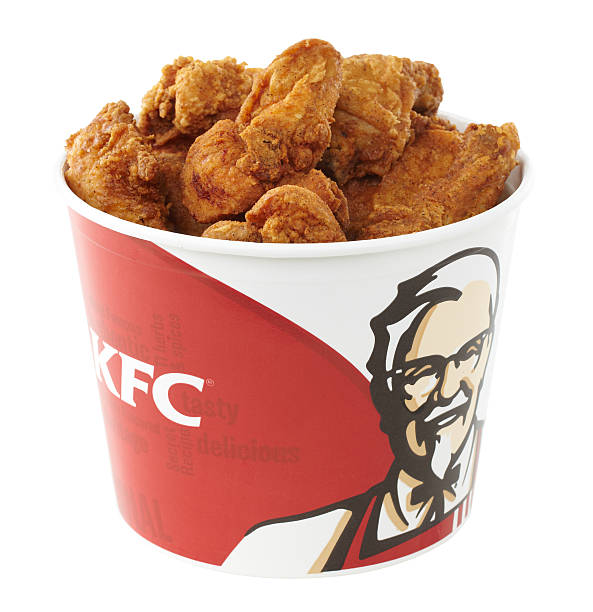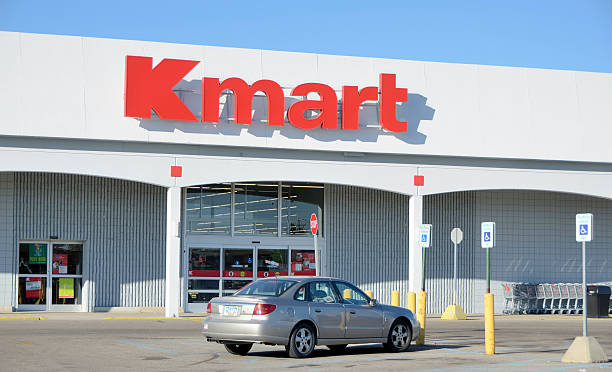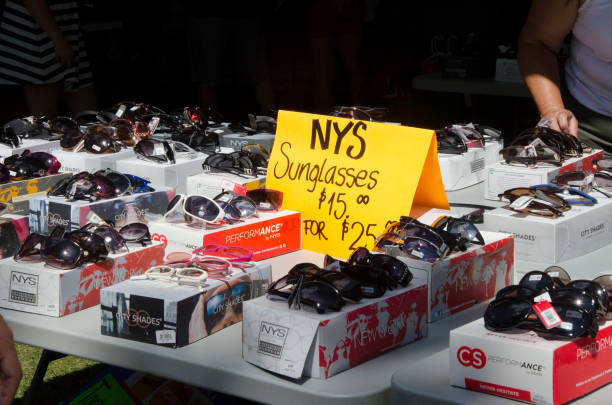Over a dozen popular Japanese restaurant outlets have been placed under voluntary administration in different parts of the country. The inflation and pandemic costs are being blamed.
In addition to the eight restaurants in NSW, there are also five in Victoria and two in the ACT.
There are more than 50 restaurants in Australia that offer more than 30 dishes.
The affected restaurants are areGlenunga in South Australia; Braddon and Mawson in Canberra; Ballarat and Camberwell in Victoria; Hampton, Melton, Sunbury, Marrickville, Pennant Hills, and Penrith in NSW, as well as Camden and Cronulla in NSW, as well as Dubbo, Marrickville and Pennant Hills in Victoria.
Grant Thornton, a firm that provides auditing, tax, and advisory services, has been named as joint administrator. Phillip Campbell Wilson and John McInerney have also been appointed.
Mr Campbell Wilson stated that the 16 restaurants would continue to operate as usual through Christmas, reducing the impact on the employees.
He said that the restaurant employs approximately 250 people, including full-time employees, casual workers, and part-time staff.
“The administrators have signed a Management Agreement (with Okami Distribution) to continue trading during the Voluntary Administration Period.
This approach is intended to preserve business value and provide the opportunity to consider formal restructuring plans.
We have agreed to fund the pre-appointment wage to ensure that all employee salaries are current. This is to minimize the administrative burden on employees as we approach Christmas.
Japanese restaurants are marketed as family-friendly venues with a menu that includes 30+ options, all made to order. These include sushi, carpaccio and katsu.
Grant Thornton will investigate the issue further. Mr Campbell Wilson stated that the impact of Covid-19 is being blamed for the restaurant’s struggles.
He said that based on his initial conversations with the Okami founder, the business believes there was a lag from the COVID-19 epidemic.
“Combined with inflationary pressures on costs, which have led to a decrease in sales and increased operational costs.
“Our investigations into this matter have just begun.”









+ There are no comments
Add yours